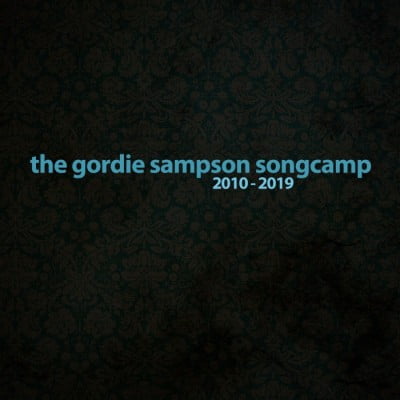songcamp’s east coast influence featured in the guardian
Nova Scotia: oceans of music at the edge of the Atlantic
Drawing on music from the Gaelic folk brought by Scottish refugees to hip-hop imported from New York, the Canadian province has a sound all of its own
Nova Scotia’s dynamic music scene is filled with a distinctive array of musical influences and an eclectic mix of genres. It is centered around Halifax, a city with a large student population. Sitting on the edge of the world’s second-largest harbour, it is a city steeped in history, from the Halifax explosion in 1917 that killed thousands, to the hundreds of bodies laid to rest there after the sinking of the Titanic. It’s a place that has inspired many musicians and singer-songwriters (Sarah McLachlan spent her formative years here, while folk singer Anne Murray based her career in Nova Scotia), and has deep ties to Scotland and Ireland, dating to the Gaelic diaspora who first settled there in the late 1700s.
The rugged sea coast of Cape Breton Island forms the northernmost tip of the province. It is a place of vast, winding valleys that lead you into the heart of Celtic culture and tradition. Acclaimed fiddler Natalie MacMaster is one of the region’s most celebrated musicians, while Ashley MacIssac broke new ground with his distinctive rock-infused fiddle sound.
Singer and songwriter Gordie Sampson was born and raised on Cape Breton Island. He earned a Grammy for co-writing the country hit Jesus, Take the Wheel, performed by Carrie Underwood, and has written for some of the biggest names in country music, including Keith Urban, Blake Shelton and Hunter Hayes. Sampson’s invitation-only songwriting camp is a choice destination for a select group of promising young musicians each year, who make their way up to Cape Breton hoping to glean what they can from his years of industry experience.
In the early 1990s, Halifax was known as the Seattle of the north due to the success of indie bands such as Thrush Hermit, Sloan and the Super Friendz. That influence can still be felt to this day. Producer Joel Plaskett (formally of Thrush Hermit) heads up his successful local recording studio New Scotland Yard and has produced a number of east coast artists. Recently he worked with emerging singer/songwriter Mo Kenney on the earthy rock and folk album In my Dreams.
Halifax doesn’t just rock – it also raps. In the early 80s, teenager Eric “Rico” Melbranche brought tapes from the Bronx back to the Halifax housing projects, inspiring a wave of Nova Scotian hip-hop. MC J & Cool G were some of the first artists to hit the scene, opening for the likes of Public Enemy, while Roots drummer Questlove once called legendary Halifax DJ and producer Jorun Bombay “the hip-hop instrumental president”. Meanwhile, the city is home to nationally recognised artists such as Classified, whose 2004 album Trial and Error was one of the bestselling rap albums in Canadian history.
Music continues to thrive around the region. At a grassroots level, you can pop into any number of pubs and bars downtown and find someone belting out a song on an acoustic guitar, or a garage band churning through a raucous set. The city’s venues range from established music halls to smaller intimate dens. The Carleton Music Bar & Grill on Argyle Street is Halifax’s oldest building, dating to 1759. A few doors down, the Seahorse Tavern is an underground venue with a cavernous 1980s feels to it. Across town, the Marquee is billed as “one of the best live music venues in Atlantic Canada” and it plays host to most of the large indie acts that come to town.
The province’s passion for its musical culture is evident wherever you go. Each year Atlantic Canada celebrates its homegrown talent with the East Coast music awards and music week, honoring the best acts from all genres. The annual Halifax Pop Explosion is an international music festival, held for five days in October and showcasing more than 180 bands in 20 venues to an audience of over 30,000 fans.
From traditional music to lo-fi rock, country and hip-hop, the province has always been a hotbed for musical creativity. It’s a place that refuses to be labeled, staying true its tough, bold, maritime roots.
by Tiffany Thornton, The Guardian











 Gordie Sampson Songcamp in partnership with the Bell Media Canadian Songwriting Challenge
Gordie Sampson Songcamp in partnership with the Bell Media Canadian Songwriting Challenge